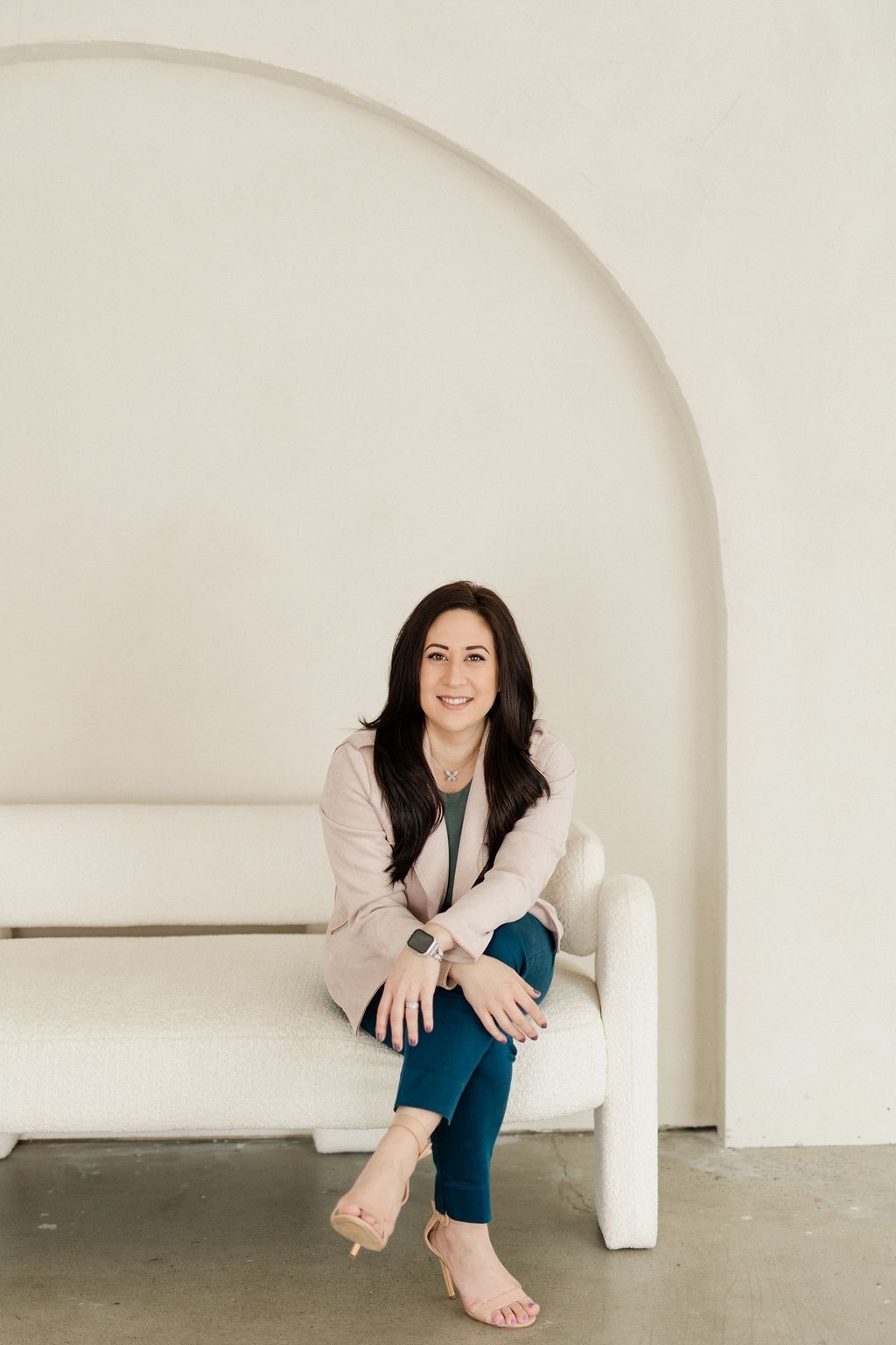About your instructor
Laura Petix, MS OTR/L (she/her)

Laura Petix, MS OTR/L (she/her) is a neurodivergent pediatric occupational therapist, author, podcast host, content creator and parent coach. Laura's lived experience as a neurodivergent parent to a neurodivergent child combined with her clinical experience provide a unique perspective to parents and educators who want to better understand the nervous system.
She has a passion and a knack for explaining sensory and nervous system concepts in a way that adults and kids can resonate with and understand. In fact, she wrote, "A Kids Book About Neurodiversity" so all grownups can start this conversation with their kids. Her mission is to teach parents how sensory processing abilities have a direct impact on learning and behavior. She holds a Master of Science in Occupational Therapy and a Bachelors of Science in Neuropsychology.
